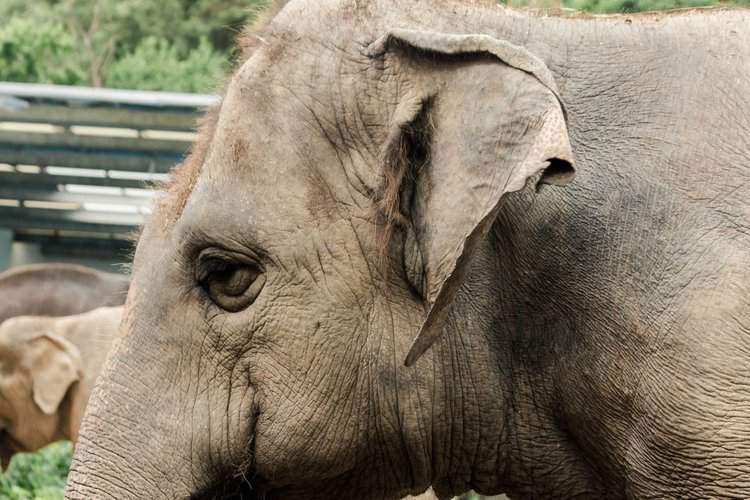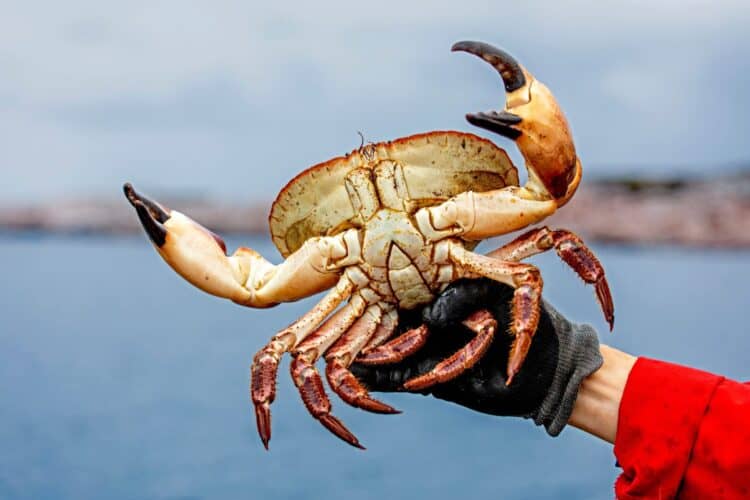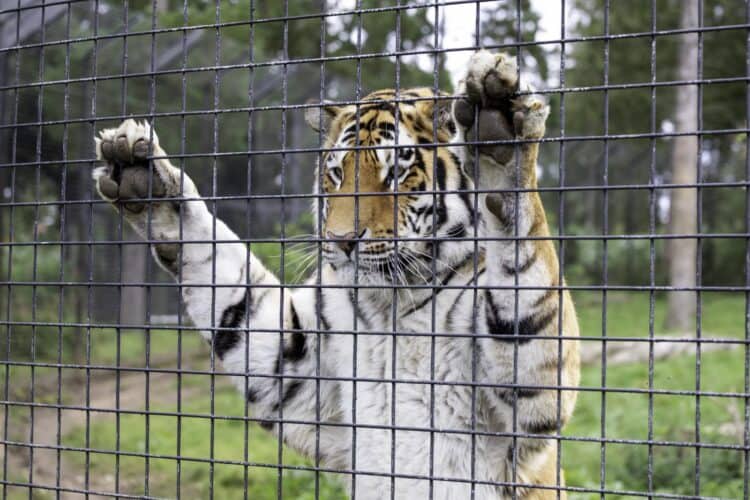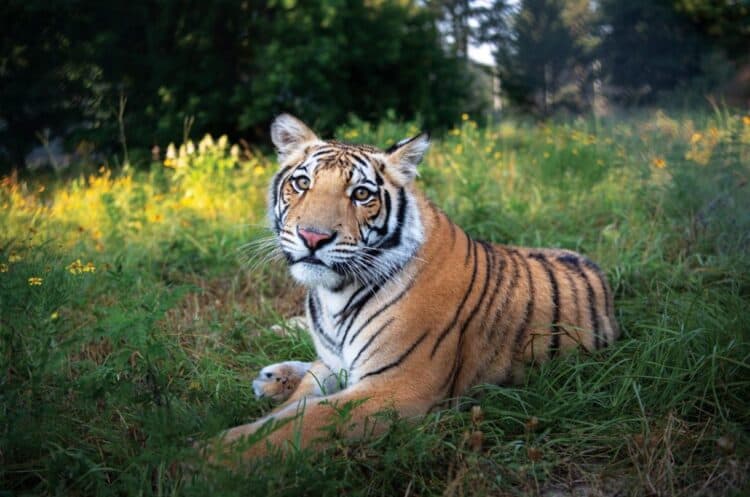In a somber announcement, Manila’s Mayor Honey Lacuna confirmed the passing of Mali, the elephant often dubbed as the “world’s saddest,” at the age of 43. Mali, officially known as Vishwa Ma’ali, had been the only captive elephant in the Philippines and a prominent resident of the Manila Zoo for over four decades.
During a press conference on Wednesday, Mayor Honey Lacuna revealed Mali’s sad passing, stating, “Just to set the record straight, Mali died yesterday at 3:45 pm here at Manila Zoo. She is about 43 years old. She was given to the city government of Manila in 1981 by the Sri Lankan government.”
Tributes have flooded in from across the Philippines and social media platforms, with many sharing memories of Mali as one of Manila Zoo’s “star attractions.” Despite the emotional connections forged over the years, Mali’s life in captivity has been a subject of global concern and activism.
The chief veterinarian of Manila Zoo, Dr. Heinrich Pena-Domingo, disclosed that Mali succumbed to pancreatic cancer and a blockage in her aorta. Earlier in the week, the zoo staff noticed signs of distress in Mali, prompting medical intervention. Despite efforts to alleviate her discomfort with antihistamines and vitamins, Mali passed away on Tuesday afternoon.
Mali’s prolonged captivity sparked a global movement advocating for her release to a sanctuary. Animal welfare activists, including People for the Ethical Treatment of Animals, expressed their concern for Mali’s well-being, stating that she had “suffered” for decades in confinement. PETA highlighted the plea from world-renowned elephant experts for Mali’s transfer to a sanctuary, emphasizing the detrimental impact of solitary confinement on female elephants.
In 2013, even Paul McCartney, the legendary musician and Animal rights advocate, penned a letter to then-Philippine President Benigno Aquino III, urging Mali’s release on health grounds. The Beatles icon implored the president to “bring an end to her suffering.”
Despite the global attention and calls for her relocation, Mali spent her entire life at Manila Zoo. The chief veterinarian, Dr. Pena-Domingo, emphasized, “We were her family.”
According to the animal welfare organization Four Paws, Mali’s captivity and the subsequent public outcry shed light on the challenges faced by captive elephants. Common behaviors exhibited by such animals, including pacing, rocking, and repetitive movements, are indicative of the stress and discomfort associated with captive conditions.
In the wake of Mali’s passing, the debate surrounding the ethics of keeping wild animals in captivity continues. While Mali may have been the face of Manila Zoo for over 40 years, her legacy also prompts reflection on the broader issue of animal welfare and the responsibility society bears toward these sentient beings.
What you can do
Help to save wildlife by donating as little as $1 – It only takes a minute.
This article by Trinity Sparke was first published by One Green Planet on 4 December 2023. Image Credit :PURIPAT PENPUN/Shutterstock.







Leave a Reply